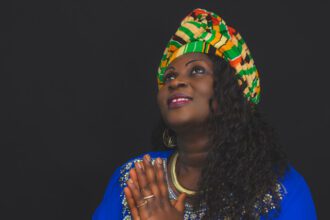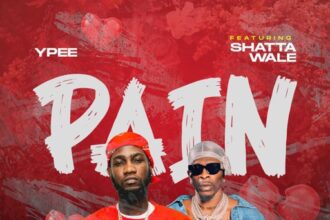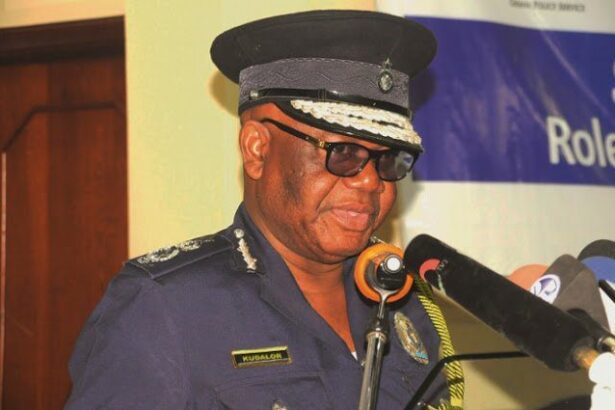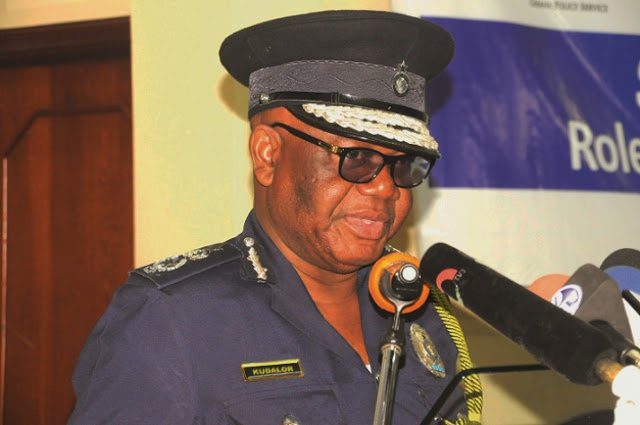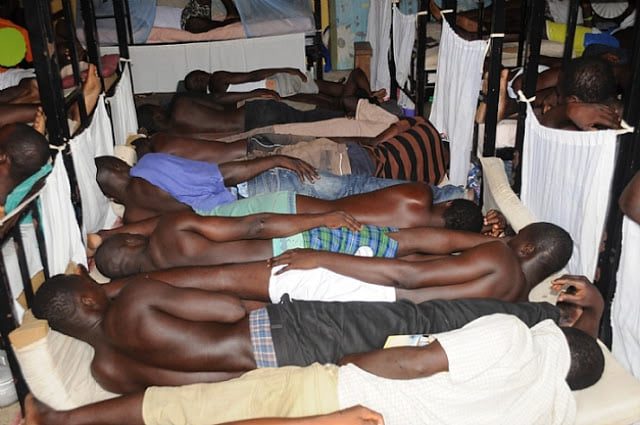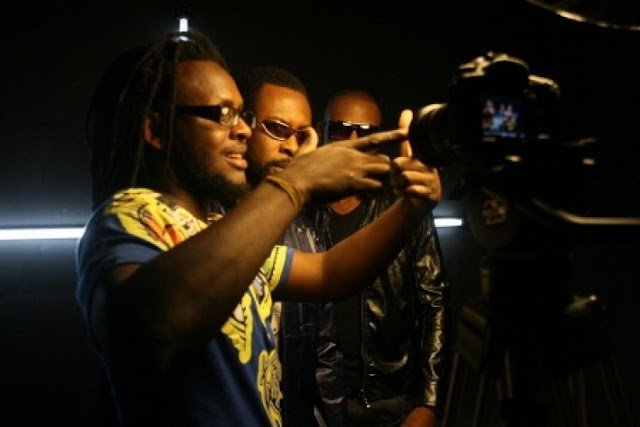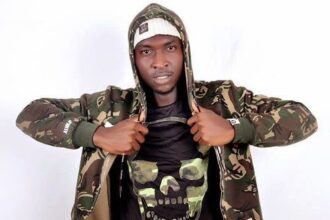The Ghana Police Service has said it is considering shutting down social media services in the country on November 7, the day of the general election to avoid violence.
According to the Inspector General of Police, Mr John Kudalor, the abuse of social media platforms by both political parties and ordinary Ghanaians had often created unnecessary tension in the country.
During an interaction with the media, dubbed the “IGP’s Dialogue Series” in Accra yesterday, Mr Kudalor indicated that given the strain that preparations towards the elections was putting on the country’s security agencies, it would be unwise to ignore the potential of social media as a critical point for violence.
“At one stage I said that if it becomes critical on the eve and also on the election day, we shall block all social media as other countries have done. We’re thinking about it,” the IGP said.
The IGP, therefore called on the media to be non-partisan and neutral in their reportage of the general election in order not to endanger the peace and stability of the country.
He said the role of the media would be crucial in ensuring that the general election was conducted fairly and peacefully come November 7, 2016, “Ghana is the only country we have and we must place it first at all times.”

Neutral arbiters
He said the media – both local and international – should position themselves as neutral arbiters, provide relevant public education and avoid hate and violence-inducing publications and broadcast and check every information before putting it out.
The 2016 election would be keenly contested as all political parties were determined to win, he said, and there was the need for all to work together as stakeholders to ensure electoral integrity as peaceful and credible elections are the responsibility of all and not only the electoral commission.
Candidates, political parties and civil society also have a crucial role to play, he added.
Strong influence
The IGP said the media undeniably wielded a strong influence over the people because of their peculiar position as informers, educators and entertainers and their messages also penetrated society deeply and this placed enormous responsibility on their shoulders during the elections.
“Indeed, the success of the elections is going to be achieved through the concerted efforts of all, including you the media, political parties, security agencies, electoral commission, peace council, the clergy, traditional authorities and civil society organisations,” he said.
He said the role of the mass media was perhaps the most crucial of all, especially in this era when any piece of information – whether positive or detrimental – could be disseminated to all corners of the world at the snap of the fingers.
The media ans other Guest at the briefing
He said currently many of the media outlets were owned by political functionaries, who used them to pursue their own political aspirations and agenda, and it was against this backdrop that the professionalism of the media would be called into action to avoid churning out information that could cause public disorder.
Security agencies
On the preparedness of the security agencies, the IGP reiterated that they were leaving no stone unturned in their bid to secure the election and in this respect the National Election Security Task Force (NESTF) had been inaugurated far ahead of time.
Furthermore, he said, a detailed auditing of the entire country had been done to identify all the flashpoints and vulnerable areas and comprehensive operational strategies mapped out to take care of them.
The IGP said in another vein, personnel for the election duties from all the sister security agencies had been earmarked and a series of orientation and training schedule lined up to bring them up to speed on modern models of election security.
In a welcome address, the Director General of Operations, COP Mr Christian Tetteh Yohonu, said duty had called on the police for another successful election and the police as the lead agency was pulling all the crucial strings to ensure a peaceful process.
He said as the police planned to put in place effective and efficient security arrangements for the election, it had also identified some stakeholders and were engaging them on finding the best and most peaceful way out.



